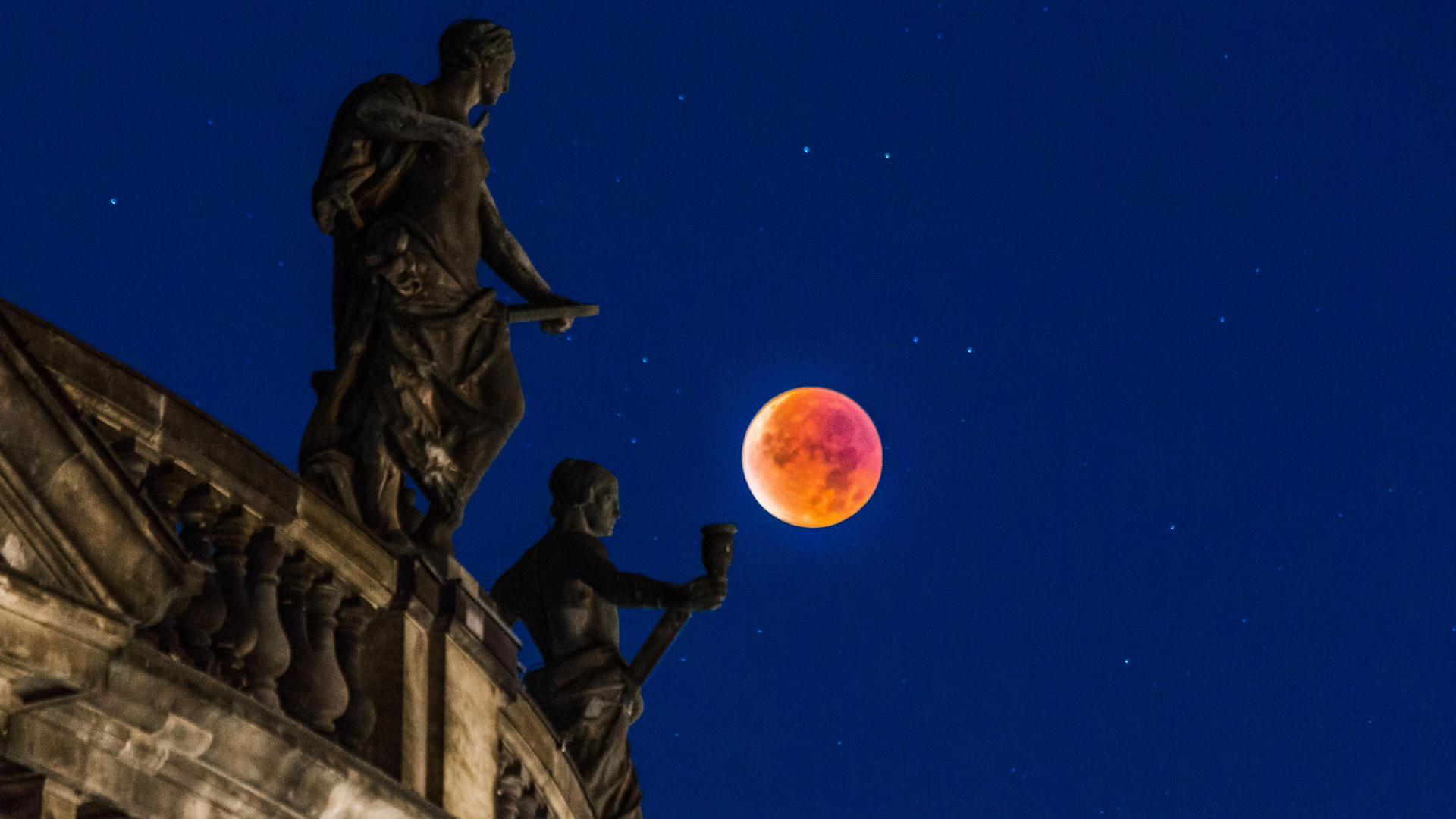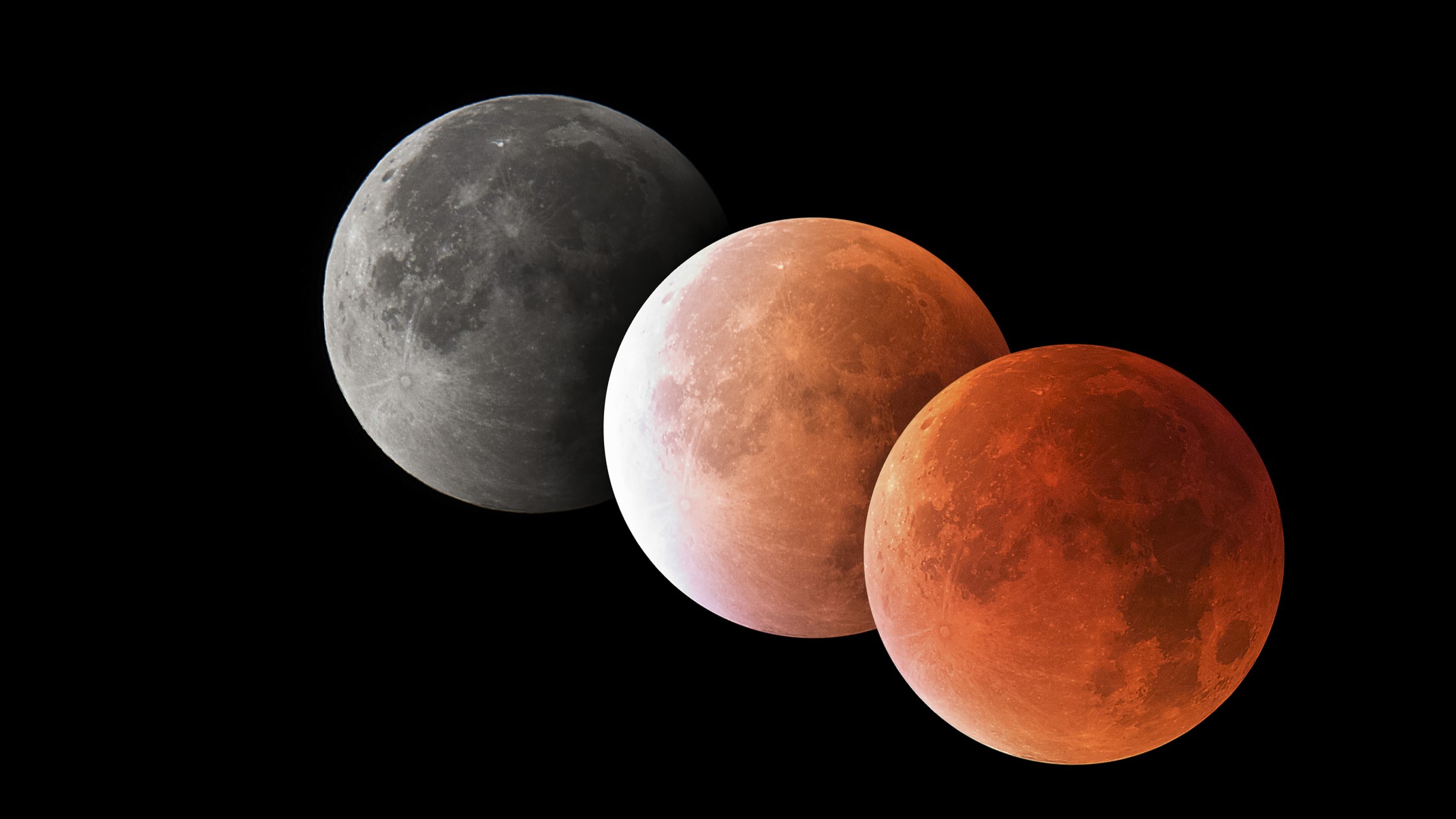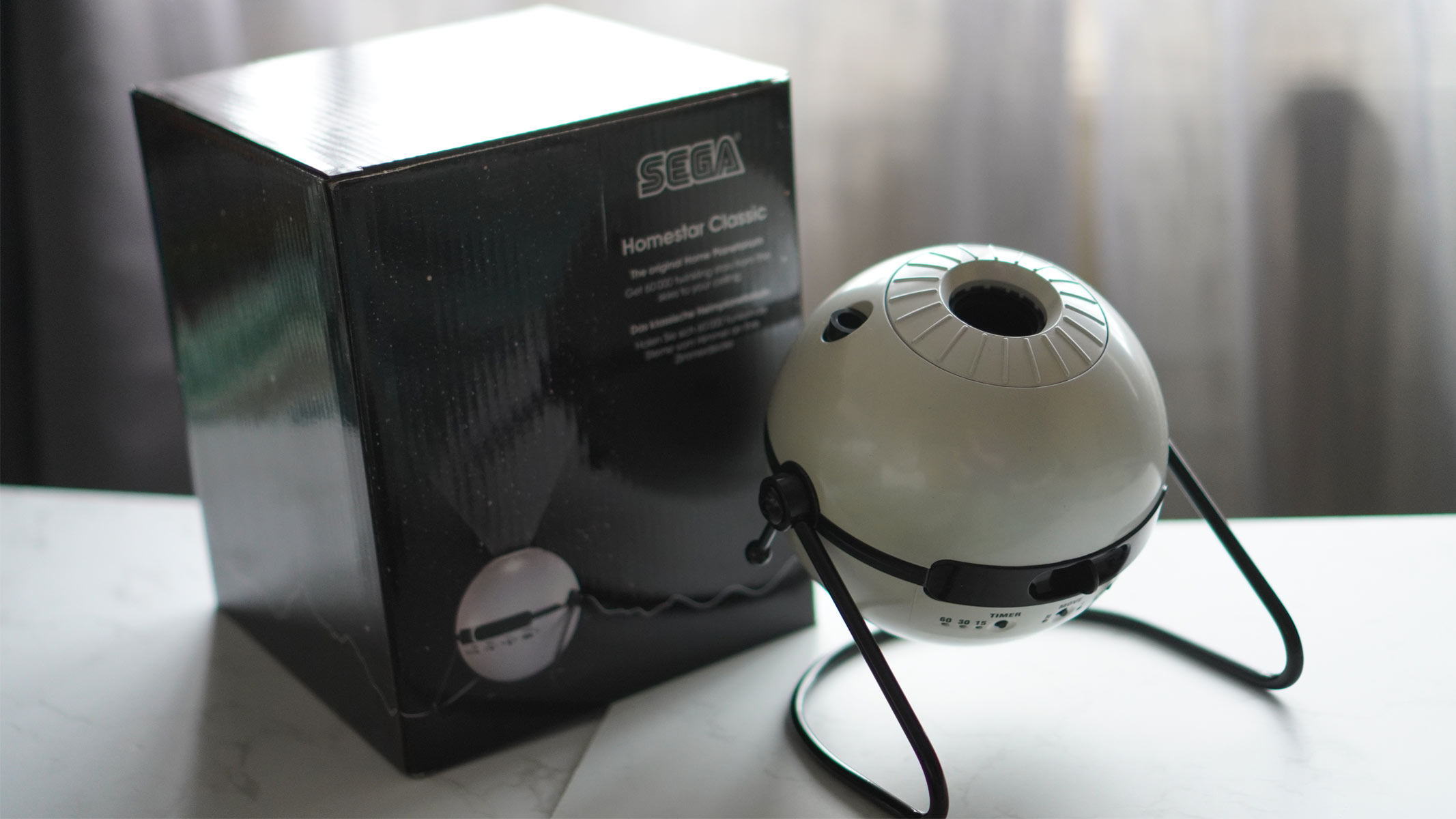
Jamie Carter
Jamie is an experienced science, technology and travel journalist and stargazer who writes about exploring the night sky, solar and lunar eclipses, moon-gazing, astro-travel, astronomy and space exploration. He is the editor of WhenIsTheNextEclipse.com and author of A Stargazing Program For Beginners, and is a senior contributor at Forbes. His special skill is turning tech-babble into plain English.
Latest articles by Jamie Carter
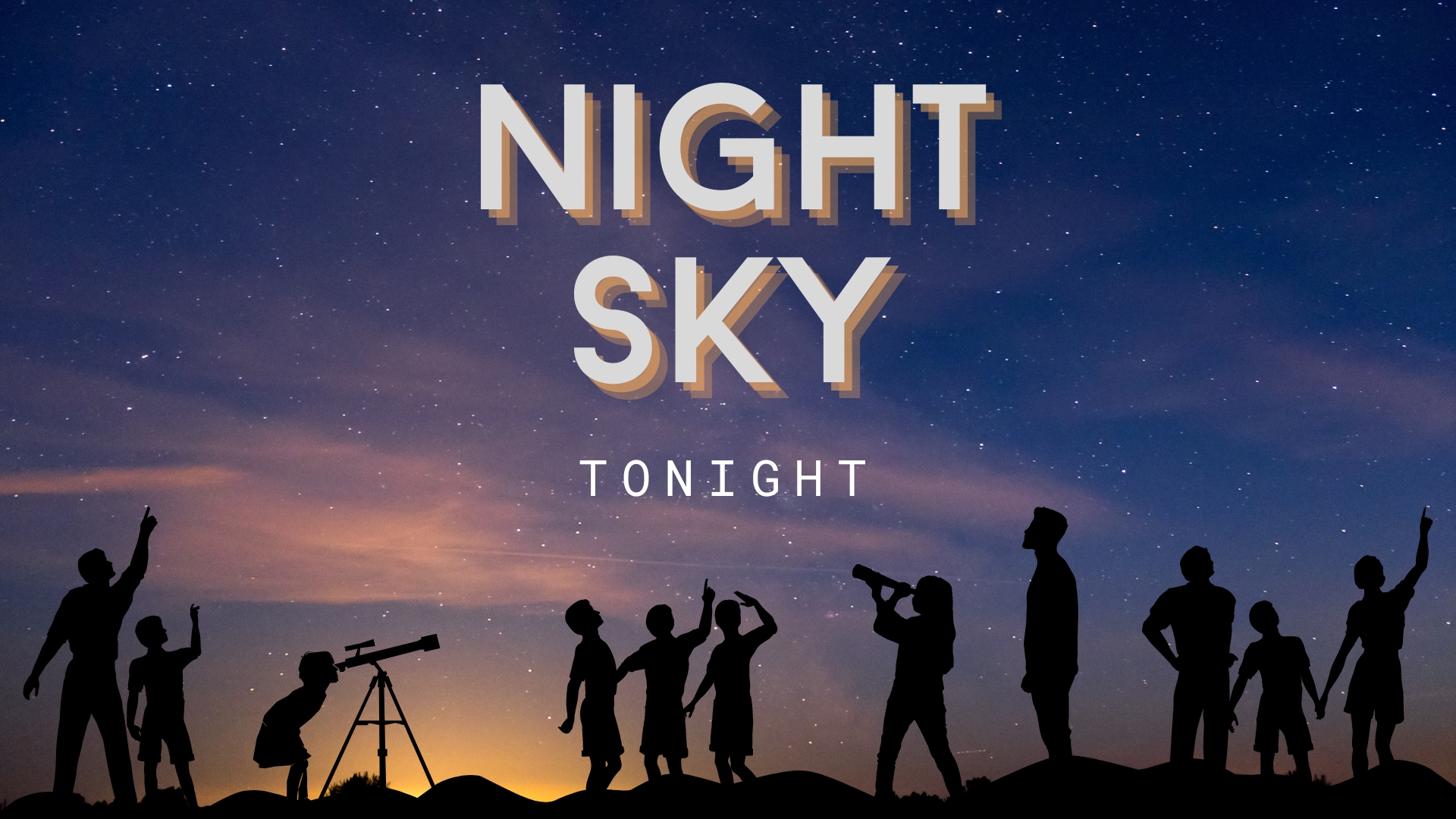
Night sky for tonight: Visible planets, stars and more in this evening's sky
By Jamie Carter last updated
Find out what you can see in the night sky for tonight, from planets and stars to dazzling meteor showers.

Best binoculars for kids 2025: Small and lightweight binos for younger users
By Jamie Carter last updated
Buying Guide The best binoculars for kids provide closer views and are designed to be convenient for smaller hands and faces.
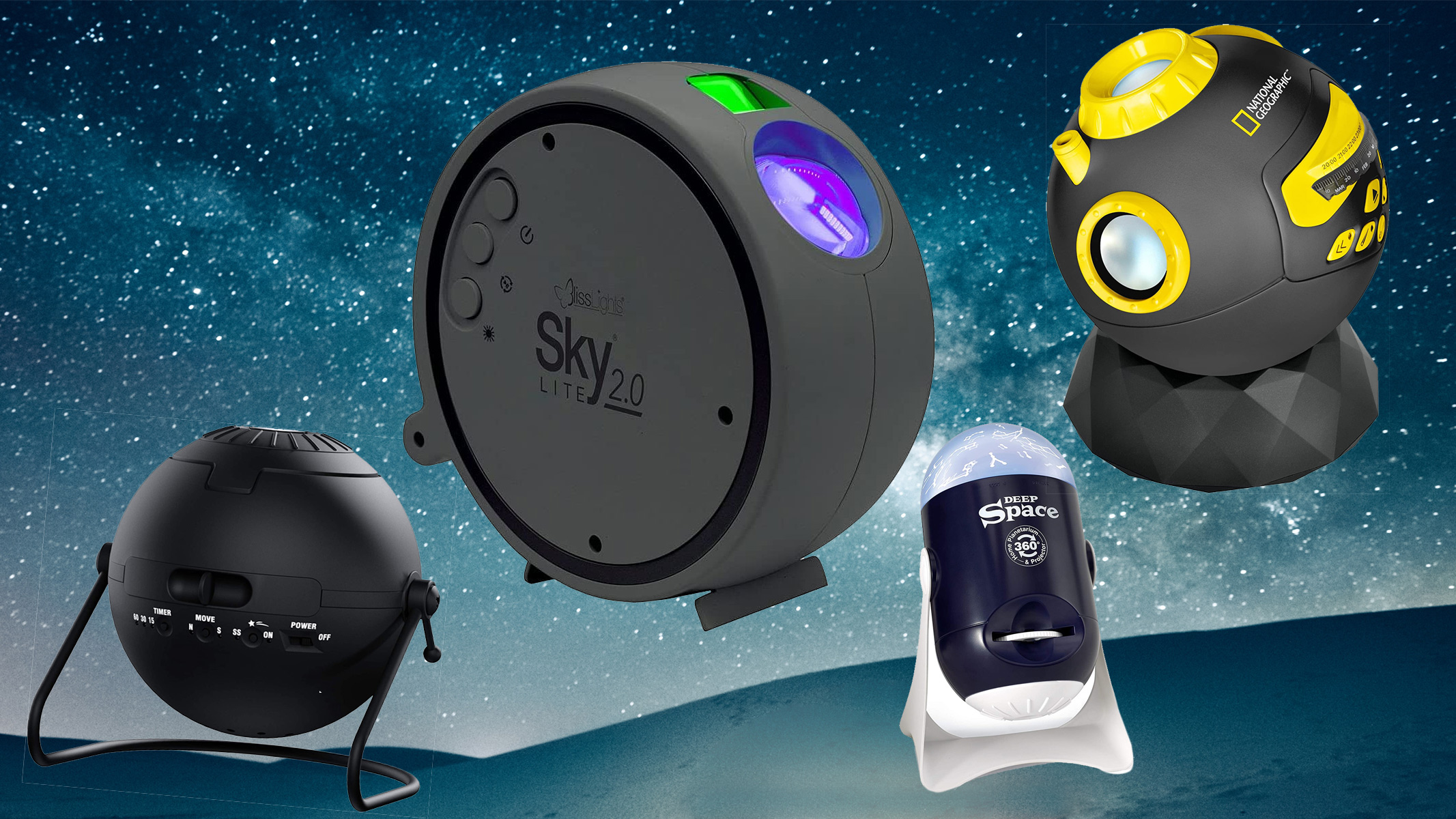
Best star projectors 2025: From cosmic light shows to home planetariums
By Jamie Carter last updated
Buying Guide Here are the best star projectors to enjoy a night sky experience from the comfort of your couch. They are often reduced on special occasions such as Prime Days, so keep your eyes open.

Best monocular 2025: Spot the top models on the market
By Jamie Carter last updated
Buying Guide The best monocular devices on the market offer a lightweight alternative to binoculars. Try using one this month to view the full moon.
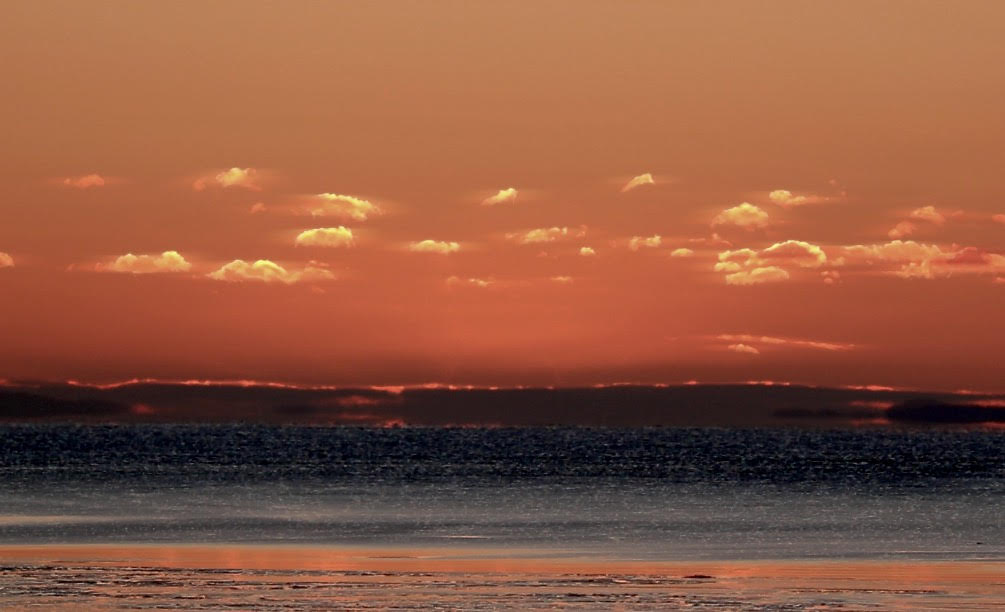
Amateur astronomers capture groundbreaking photos of sun's corona during partial solar eclipse
By Jamie Carter last updated
In groundbreaking photos, eclipse chasers captured the elusive solar corona during a partially eclipsed sunrise/moonrise in Quebec. It could change eclipse chasing forever.

Lunt SunOculars 8x32 solar binoculars review
By Jamie Carter published
The best possible balance between magnification, size and build quality. The Lunt SunOculars 8x32 are the go-to solar binoculars for eclipses and sunspot viewing.
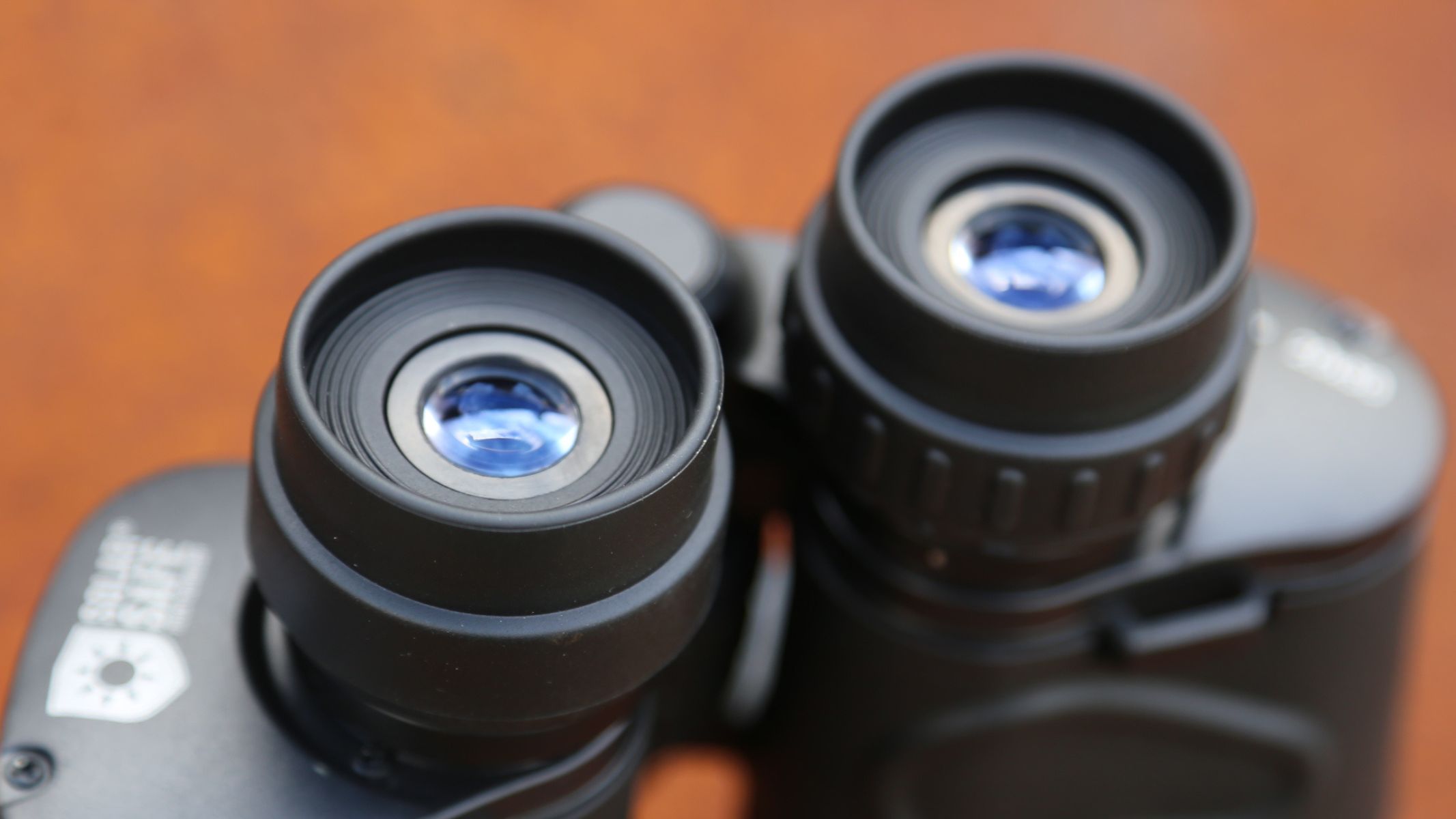
Celestron EclipSmart 20x50mm Porro solar binoculars review
By Jamie Carter published
These solar binoculars offer lots of magnification for observing sunspots and solar eclipses, but their big size makes them a specialist purchase.

Best camera phones 2025: Smartphones that can capture the stars
By Jamie Carter last updated
Buying guide We've rounded up the best camera phones including flagship models from Apple, Samsung and Google.
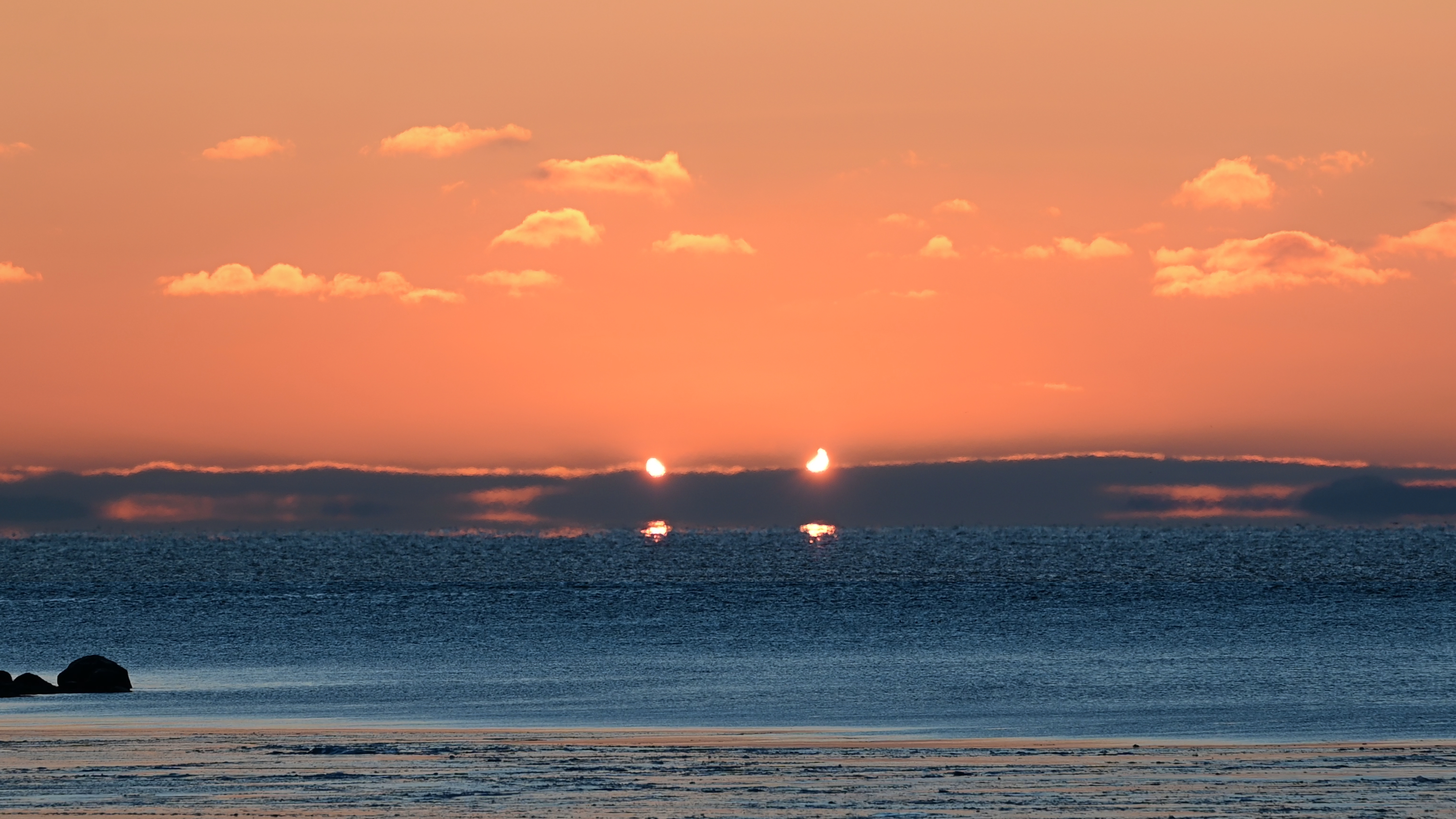
Rare 'double sunrise' captured in Canada by intrepid solar eclipse chasers (photos)
By Jamie Carter published
Cloud-dodging eclipse chasers in New Brunswick and Québec, Canada, captured the solar horns, reflections and all kinds of weird views as the sun rose partially eclipsed.
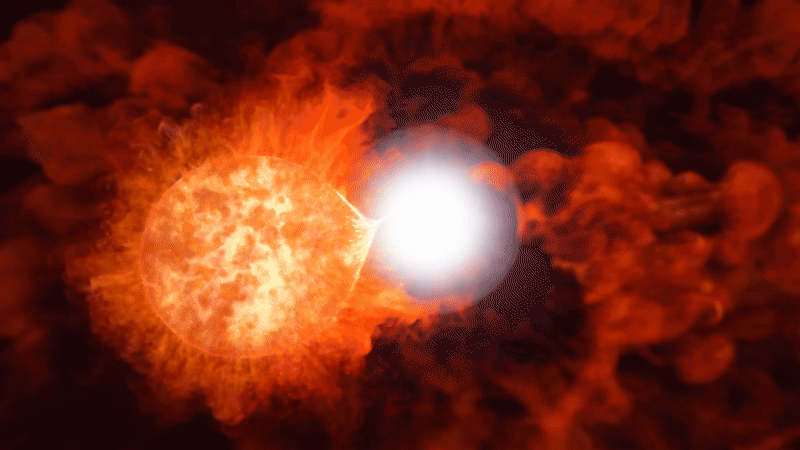
Is the 'Blaze Star' about to explode? If it does, here's where to look in April
By Jamie Carter last updated
T Coronae Borealis (T CrB) is reappearing in the spring night sky, so be ready in case it goes nova.
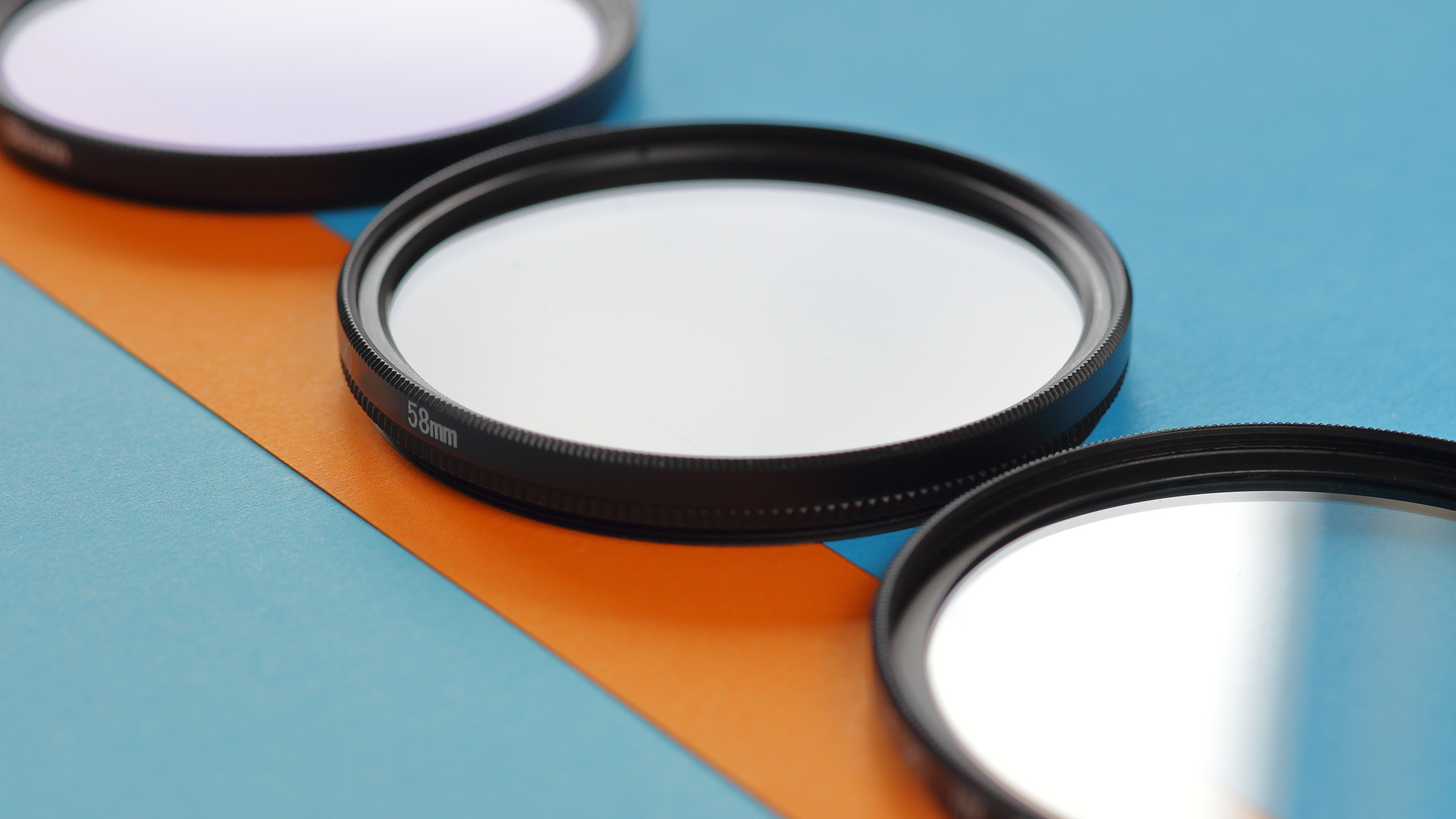
Best neutral density filters in 2025
By Jamie Carter last updated
Buying Guide The best neutral density filters adjust the light transmitted into your camera, allowing for better nighttime photography.
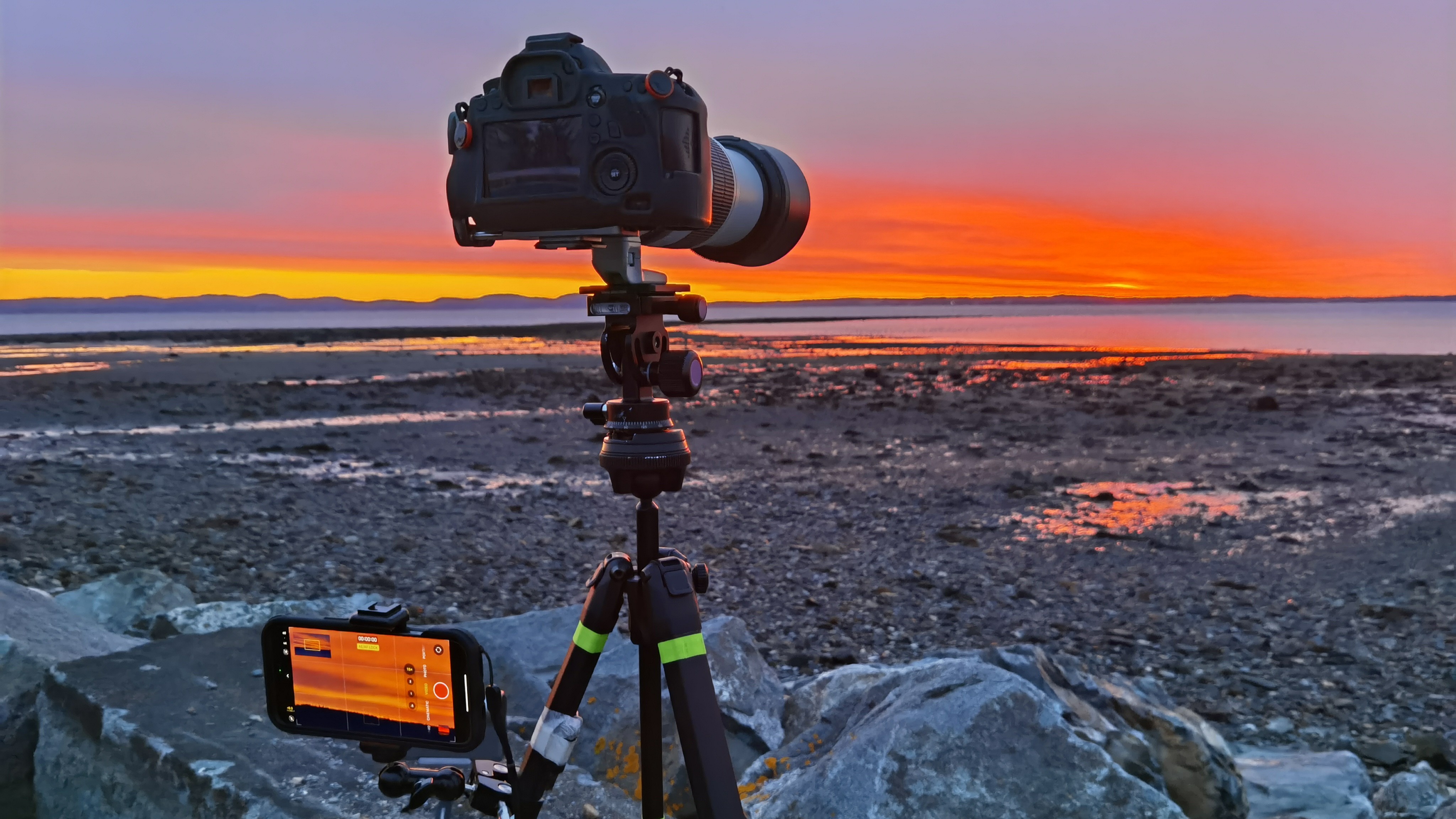
What it was like to experience the sunrise solar eclipse in New Brunswick
By Jamie Carter published
The clouds were cruel on the Bay of Fundy coast, but a memorable experience was had.
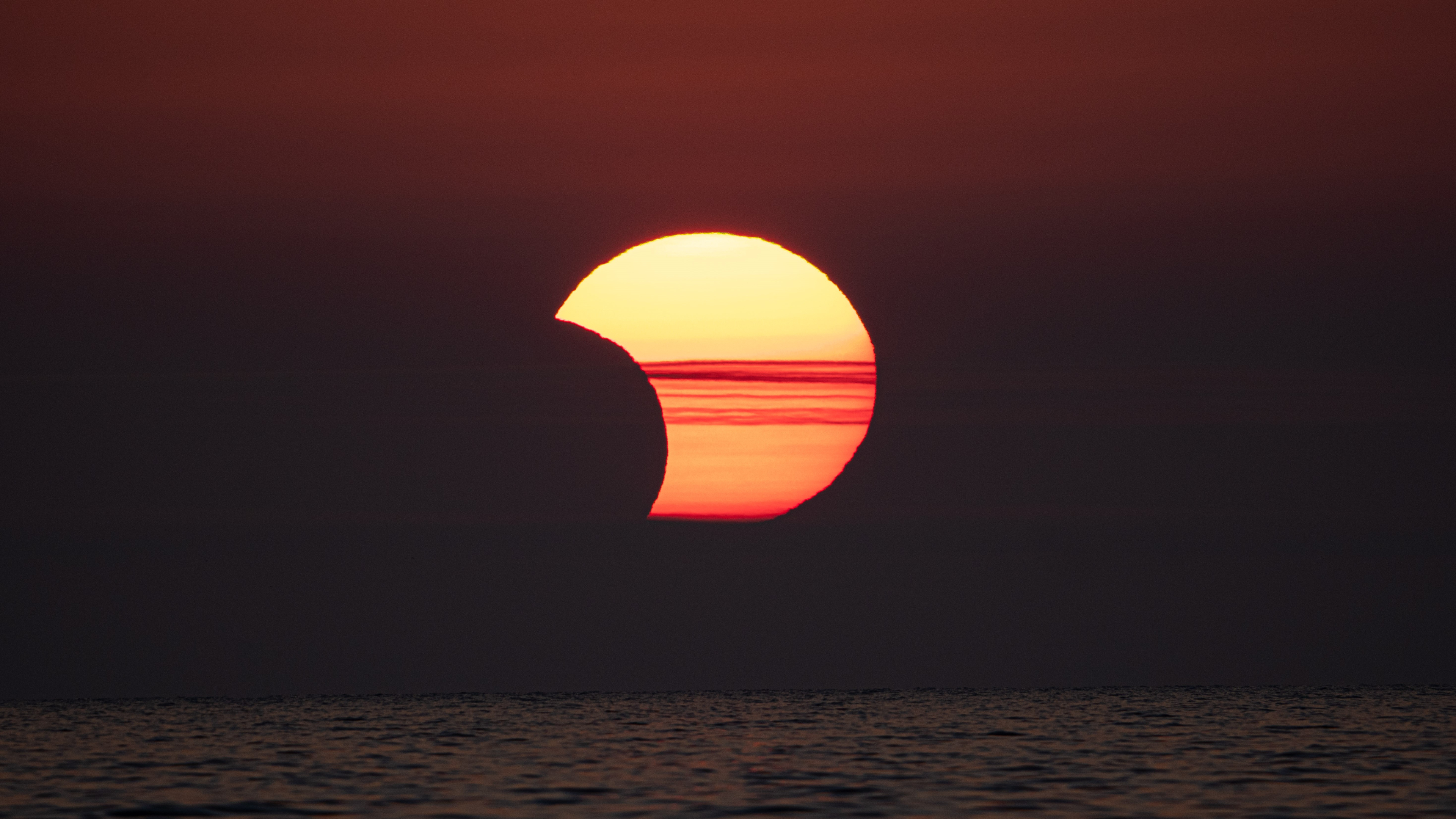
Where will the partial solar eclipse be visible today?
By Jamie Carter last updated
The partial solar eclipse on March 29, 2025, will be seen from North America, Europe, Russia and parts of Africa.
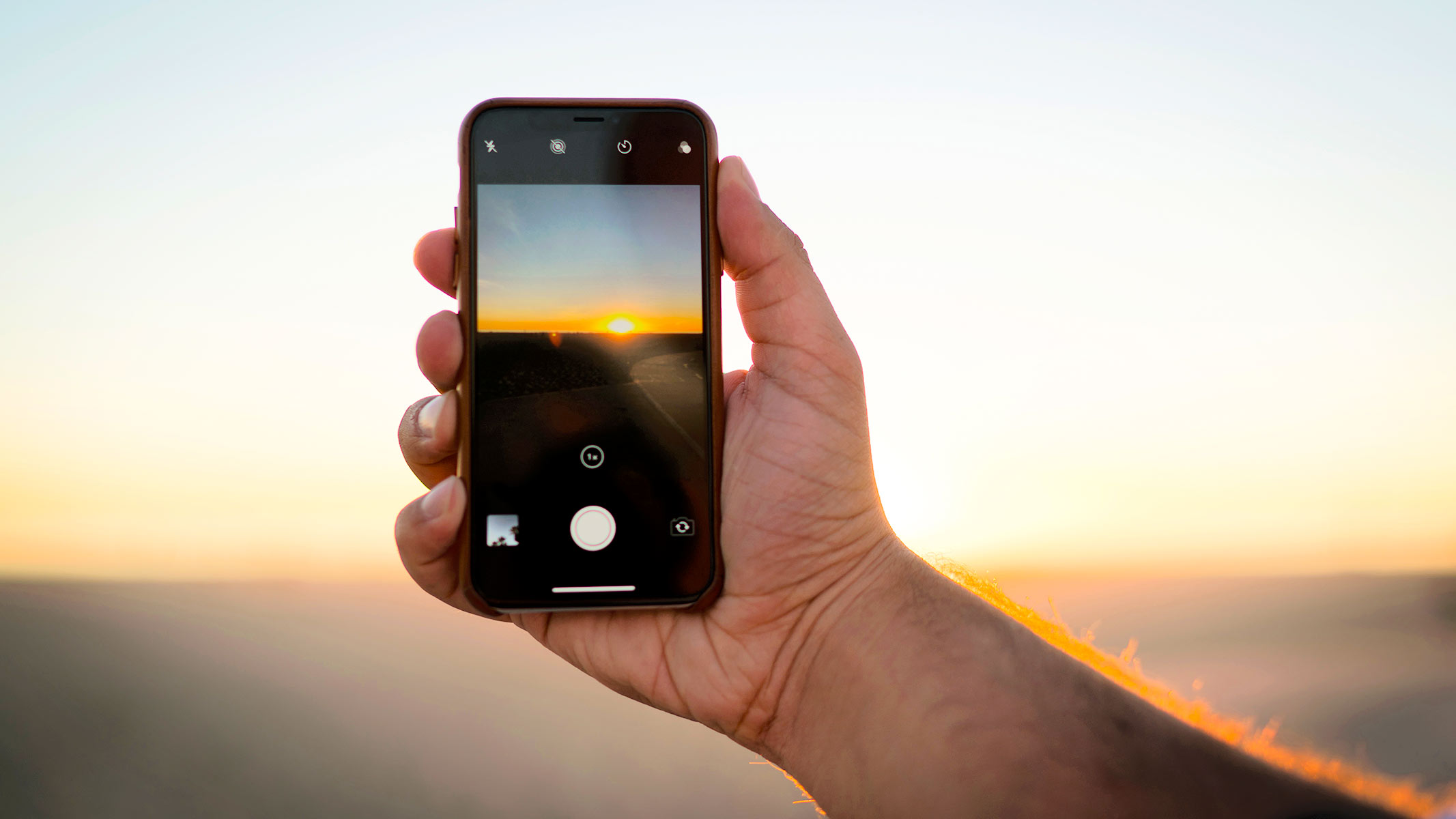
How to photograph a solar eclipse with a smartphone — 7 tips from an expert
By Josh Dury last updated
Reference This guide will teach you the basics of how to photograph the solar eclipse with your smartphone, including techniques for making adjustments to your composition, exposure and focus.
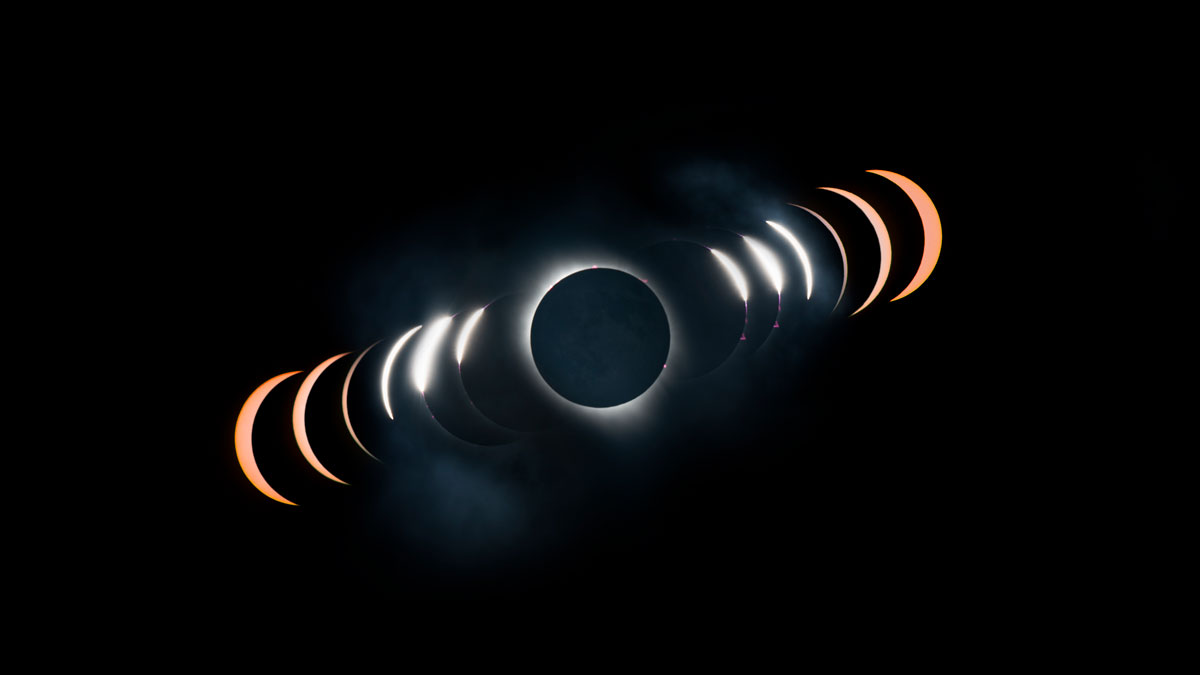
How to photograph a solar eclipse
By Josh Dury last updated
Reference Astrophotographer Josh Dury gives his best tips for photographing a solar eclipse.

Best places in the US and Canada to see rare 'double sunrise' during partial solar eclipse tomorrow
By Jamie Carter last updated
During the partial solar eclipse on March 29, 2025, a weird "double sunrise" will grace the skies between Canada's St Lawrence River and the Bay of Fundy, via the easternmost point of the U.S.
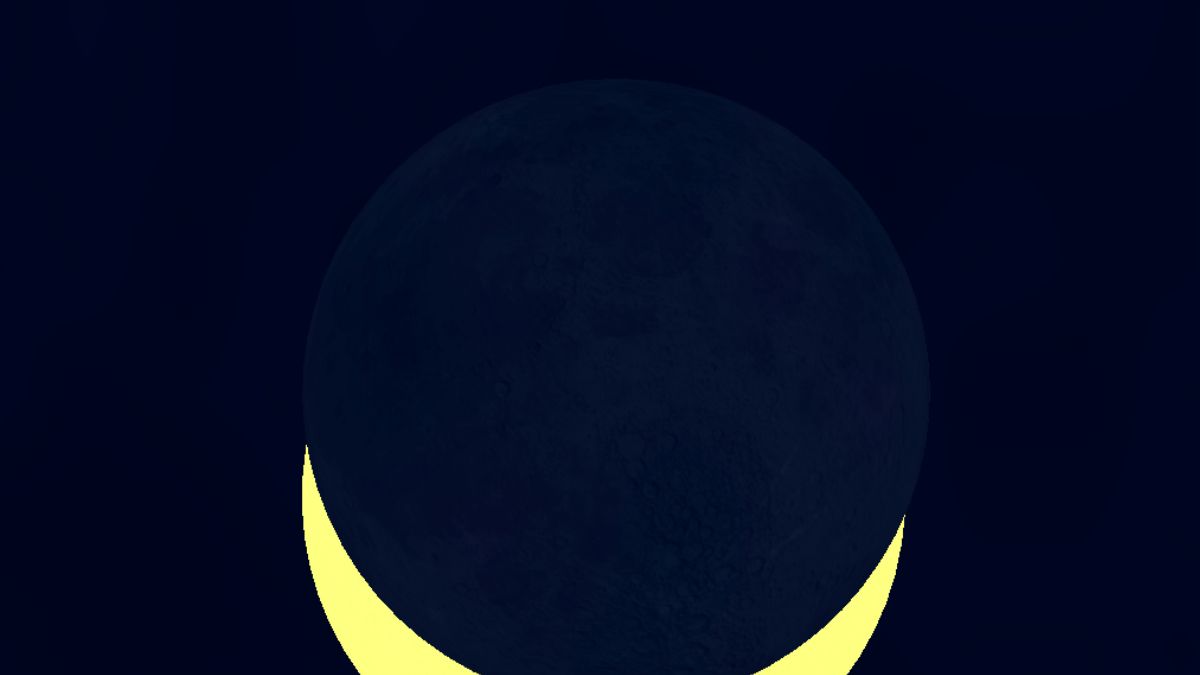
Rare 'solar horns' will appear during partial solar eclipse on March 29 — Here are 6 of the best places in the US and Canada to see the unusual phenomenon
By Jamie Carter published
Here's where to be to catch rare views of the cusps of the sun appearing in the east at sunrise during the partial solar eclipse on March 29, 2025.
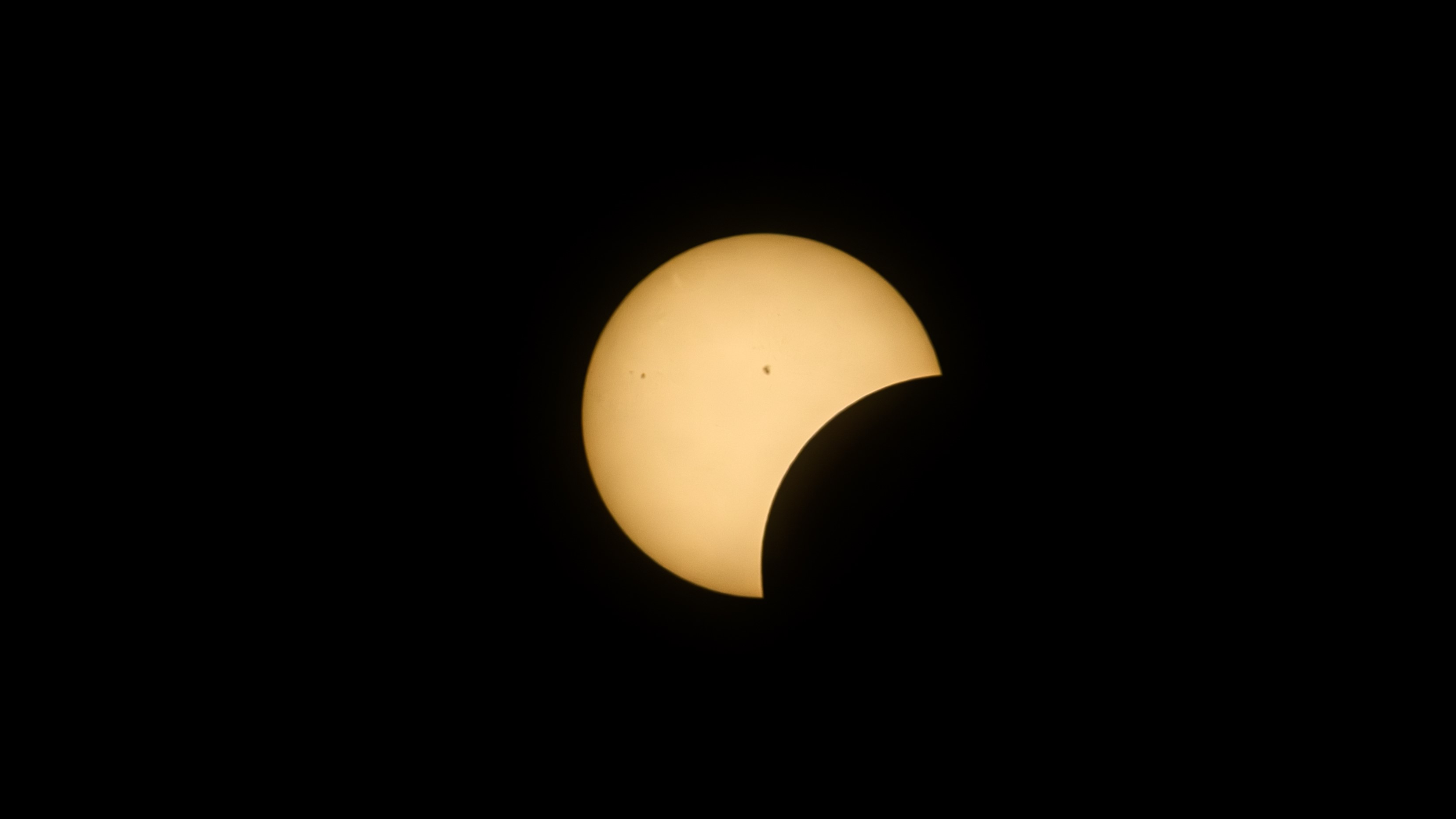
Sunspots may be visible during the March 29 partial solar eclipse. Here's how to spot them.
By Jamie Carter published
The upcoming partial solar eclipse on March 29 is the perfect time to watch the moon hide and then reveal dark patches on the surface of the sun.
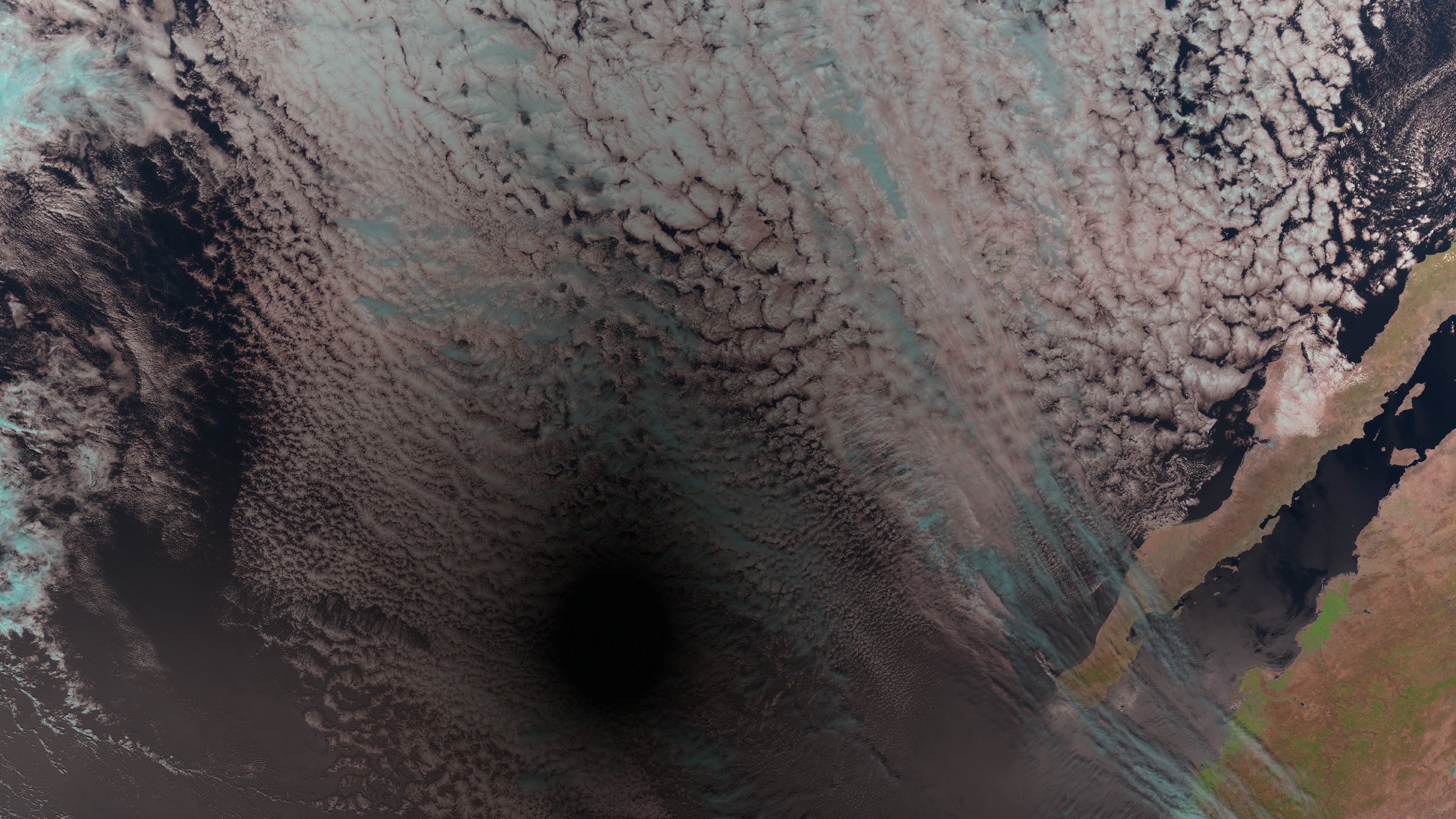
What will the partial solar eclipse of March 2025 look like from space?
By Jamie Carter published
On March 29, a partial solar eclipse will cause a dark shadow over eastern North America — and weather satellites will pick it up.

Dark skies and epic Winter Star Party — why the Florida Keys are more than just a Spring Break destination
By Jamie Carter published
For an unforgettable stargazing adventure, few places rival the Florida Keys.
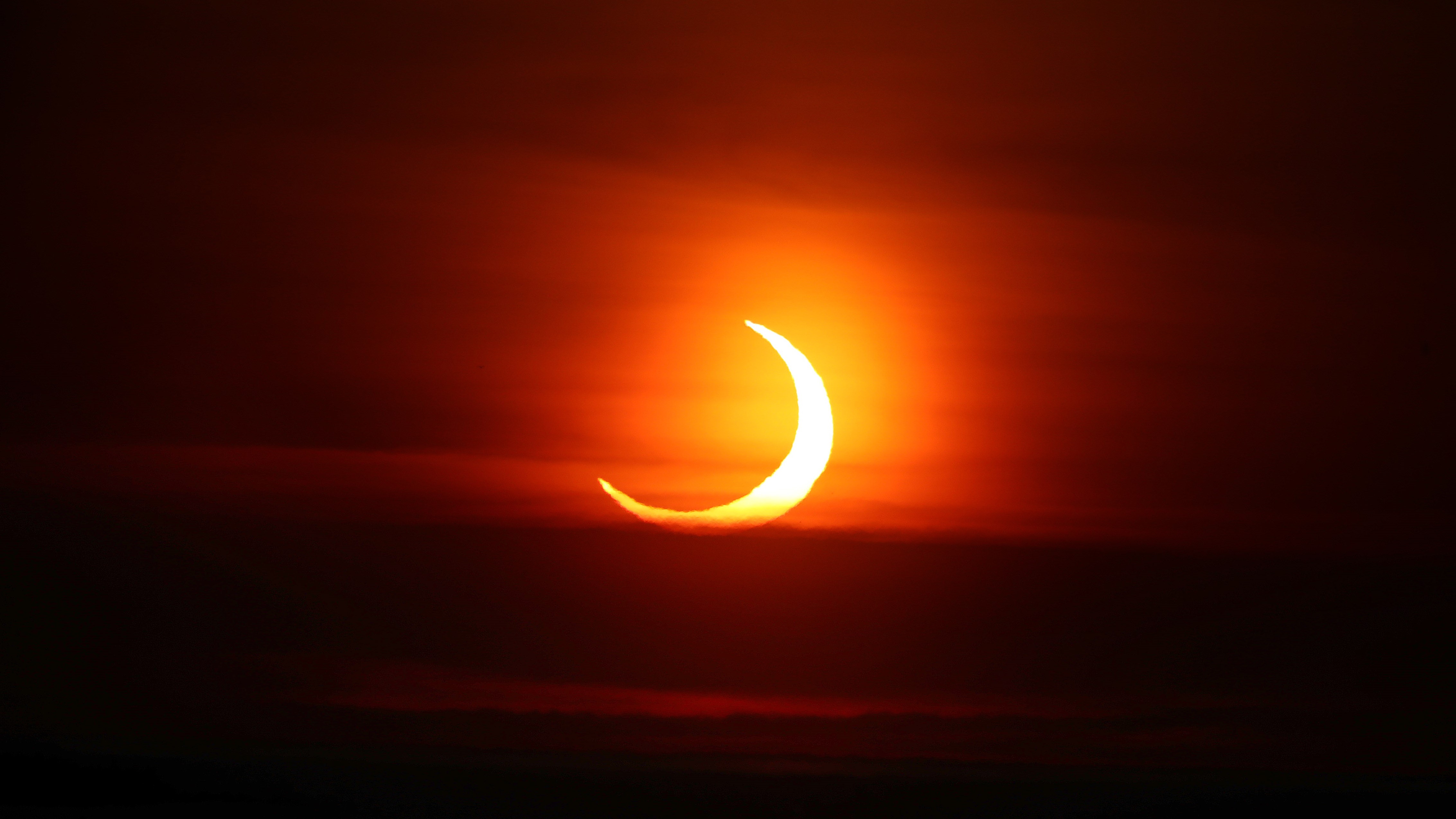
Why I'm going to New Brunswick, Canada, to see next week's 'sunrise' solar eclipse
By Jamie Carter published
Home to the world's highest tides and biggest lobsters, New Brunswick will experience a partial solar eclipse at sunrise on March 29, 2025. For one eclipse-chaser, it's the ultimate moon-shot.

Best light pollution filters for astrophotography 2025
By Jamie Carter last updated
Buying Guide Our picks of the best light pollution filters for astrophotography will reduce skyglow and unattractive color casts, making your images as vibrant as possible.
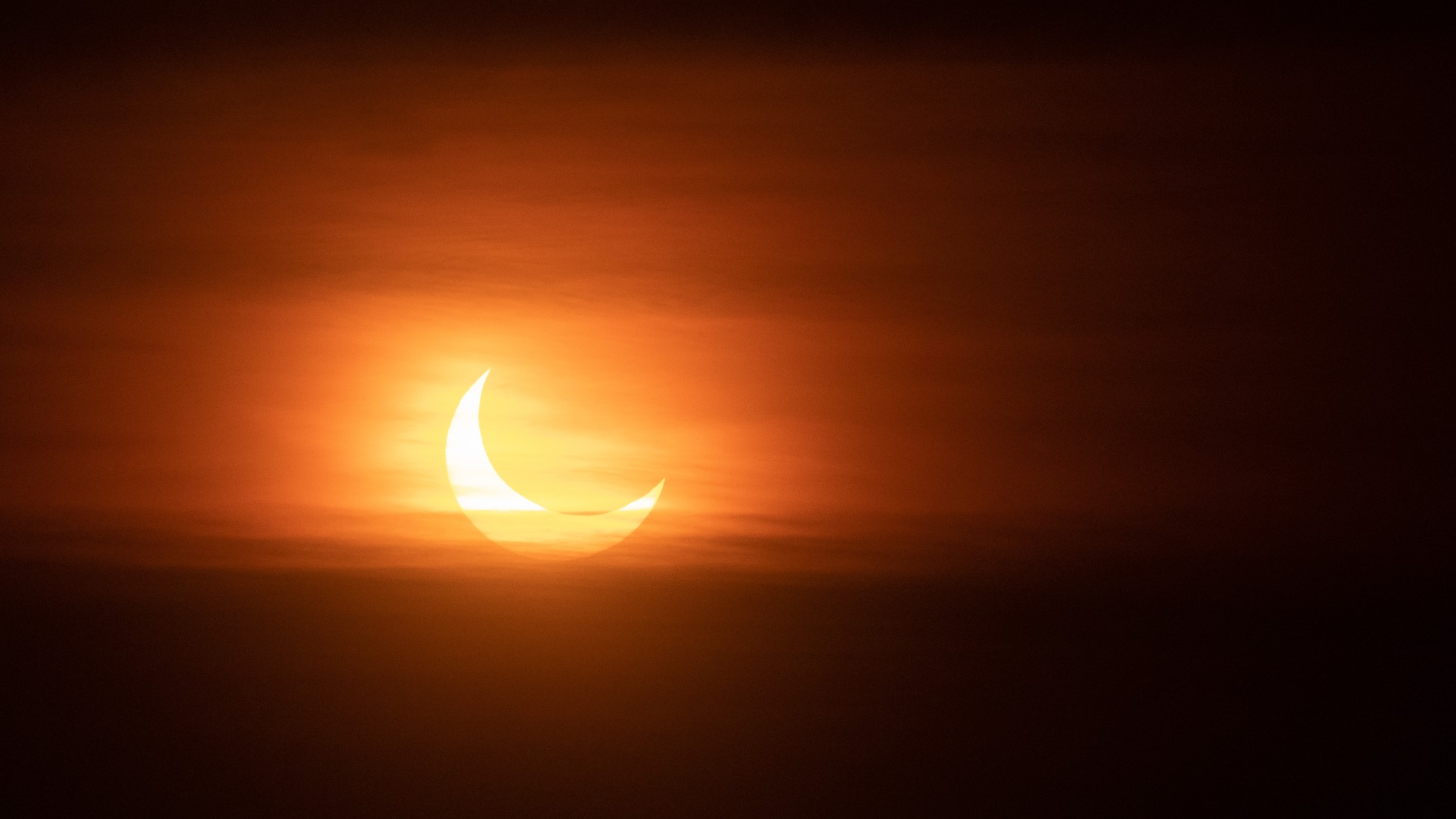
Partial solar eclipse March 2025: Everything you need to know
By Jamie Carter last updated
Reference Get ready for a deep partial solar eclipse on March 29, 2025, which will occur at sunrise in North America and mid-morning across Europe.
Get the Space.com Newsletter
Breaking space news, the latest updates on rocket launches, skywatching events and more!
